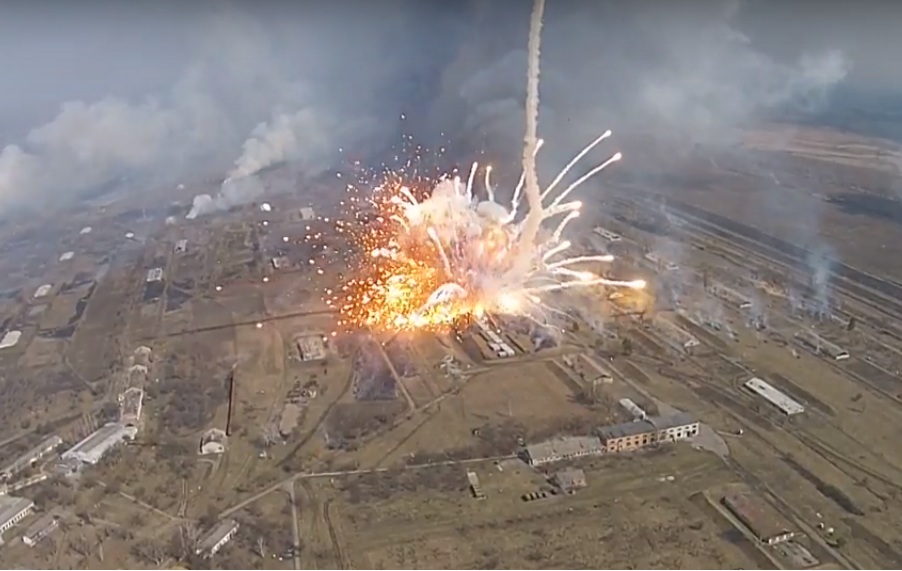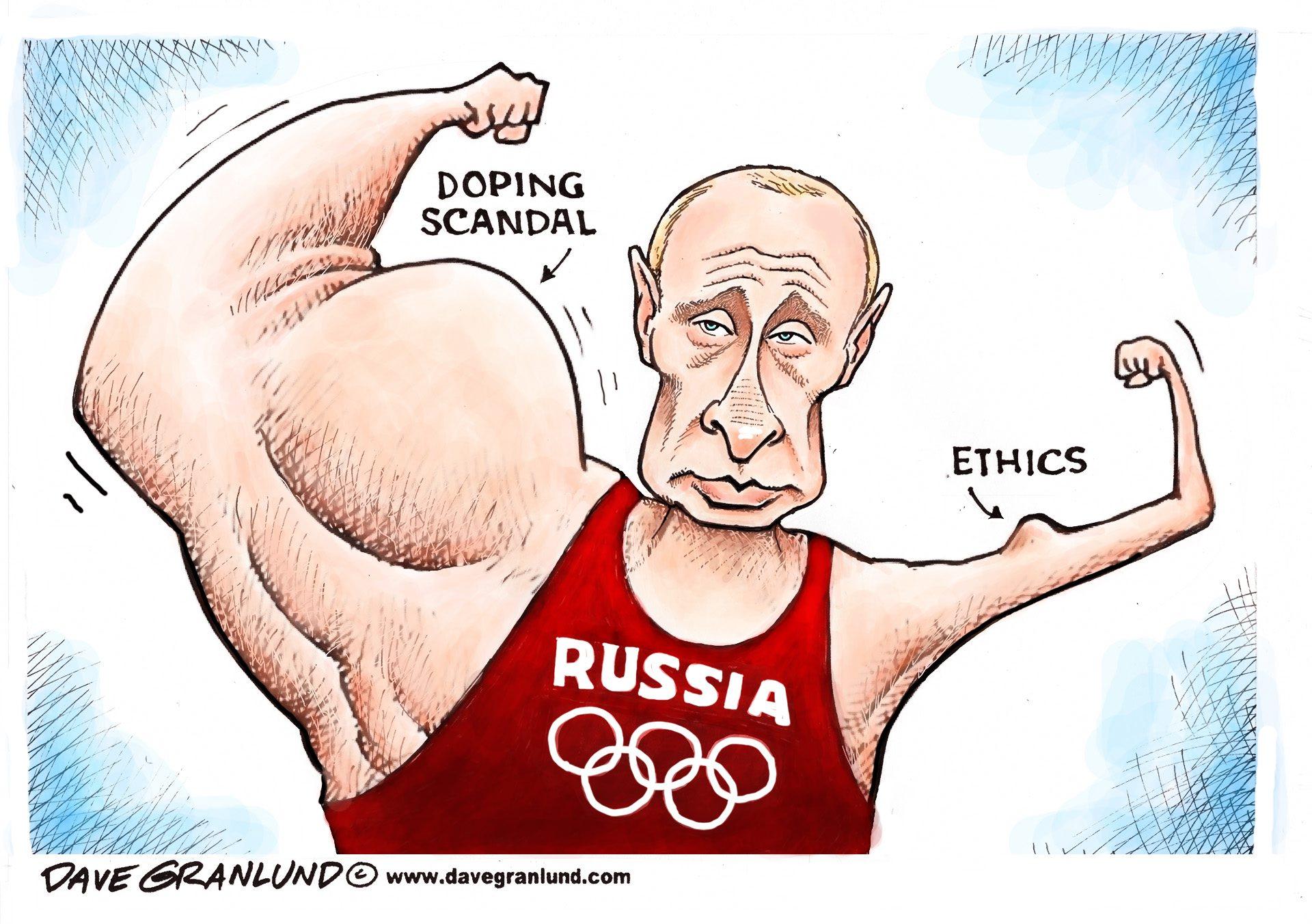As Russian calls for Türkiye to return the largest mosque in Istanbul to Christians have attracted far more media attention, the current Russian-Turkish crisis is likely to have two more important “religious” consequences, both of which will work against Moscow’s interests.
On the one hand, Moscow’s attacks on Türkiye make it likely that the Universal Orthodox Patriarch in Constantinople will become far more supportive of efforts in Ukraine to create a single autocephalous Orthodox Church there independent of the Moscow Patriarchate, a move that would cost the latter both half of its congregations and much of its influence in the world.
And on the other, Moscow’s attacks have led Russia’s Muslims to distance themselves from Türkiye, something that the Kremlin may welcome in the short term but that will likely mean an upsurge in the influence of more radical Islamist groups from other parts of the Muslim world inside the borders of Russia.
The former is the more immediate problem for Moscow. In Kyiv’s “Delovaya stolitsa” today, Kateryna Shchetkina discusses the complexities of this issue and concludes that “the dependence of the Constantinople patriarch on Ankara may play an evil joke with the Russian Orthodox Church.”
Constantinople and Moscow have long been in conflict over who is the leading Orthodox patriarchate. Constantinople has a centuries’ old tradition of deference to its status as the “universal” patriarchate, while Moscow has the numbers, money and power of the Russian state on its side.
Where this competition has played out in recent years, Shchetkina points out, is over the issue of the status of Orthodoxy in the post-Soviet states, with Constantinople generally backing the national churches in these countries and Moscow insisting that they should remain subordinate to itself.
The issue is not trivial: If Moscow were to lose all the bishoprics and parishes and income from these churches, it would be reduced to something less than half of its current self and would lose enormous influence in Moscow, in the post-Soviet states and in international Christian dialogue.
But if Moscow does retain control over the Orthodox in the post-Soviet states, Russia will continue to have an enormous lever of influence over the populations there as has been demonstrated most recently by the situation in Ukraine. Consequently, many Orthodox hierarchs there want independence from Moscow – or autocephaly as that is known in church parlance.
The non-Russians in general and the Ukrainians in particular have appealed to Constantinople for recognition of this status, and the Universal patriarch as he is known has shown himself willing first in Estonia and then later elsewhere to back those who want “national” Orthodox churches.
That boosts his status vis-à-vis Moscow, but the issue is complicated in the current situation by the fact that Bartholomew, the Universal patriarch, also aspires to be an Orthodox counterpart to the pope in Rome. If he moves too far or too fast against Moscow, Moscow will no longer play along and thus he has been cautious on the biggest of these issues, the future status of Ukraine’s Orthodox.
Until the current crisis, many had assumed that both sides would be cautious, but the Kremlin’s reaction to the shooting down of a Russian plane that violated Turkish airspace and the tough line Ankara has taken against such violations now and in the future have at a minimum destabilized inter-church relations and may lead the Universal Patriarch to follow suit.
Officials at the Moscow Patriarchate have already announced that they won’t be attending an Orthodox meeting chaired by the Universal Patriarch, and commentaries in Türkiye and Ukraine have suggested that Bartholomew may respond by being more supportive of the Ukrainian position that Kyiv should have a single autocephalous Orthodox church.
The issue of relations between Türkiye and Russia’s Muslims is potentially more explosive but more indirectly and over a longer period of time. Since the end of Soviet times, Muslims from abroad have played a major role in the revival of Islam inside the Russian Federation.
With some notable exceptions, the more moderate foreign influence has come from Türkiye, while more radical ones have come from Iran, the Gulf States, or South Asia. Indeed, given the competing role of Türkiye and Iran, some in the post-Soviet states speak of “Turkish” and “Iranian” mosques rather than Sunni or Shiia.
In the wake of Türkiye’s shooting down of the Russian aircraft, leaders of Russia’s official Muslim hierarchies rushed to declare that their relations with Türkiye were minimal and would presumably be cut even further. But Russian experts suggested that the ties were far greater and cuts could have consequences.
Roman Silantyev, a controversial specialist on Islam with close ties to the Russian Orthodox Church, says ties between Türkiye and Russia’s Muslims are “quite active,” and he points to the fact that Türkiye was a major funder behind the reconstruction of the Cathedral Mosque in Moscow.
Leonid Syukiyainen, a specialist at Moscow’s Higher School of Economics, also sees ties between Russia’s Muslims and Türkiye’s Islamic institutions as being quite large and influential, although he suggested it would be a mistake now to be looking for “a Turkish trace” everywhere among the Muslims of Russia now that bilateral tensions are high.
And Georgy Engelgardt, a specialist on Islam at the Moscow Institute of Slavic Studies, called attention to what is likely to become a major problem in the future. He said that many Muslim leaders in Russia looked on Türkiye as “a serious alternative” to Muslim groups in the Persian Gulf.
If relations between Russia’s Muslims and Türkiye collapse, there will be a vacuum, he suggests; and it is likely that it will be filled by others, including many who are far more radical and Islamist.





